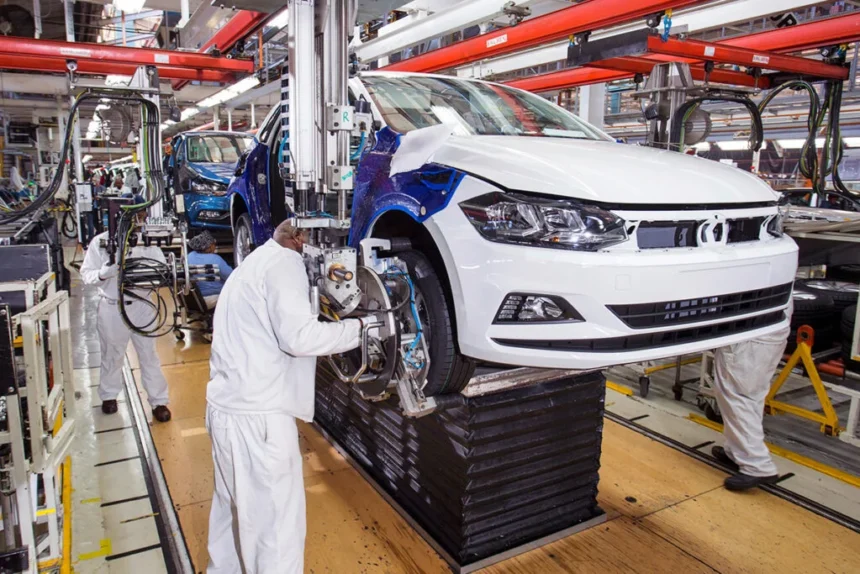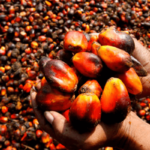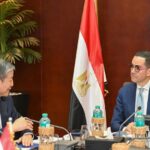South Africa has introduced a groundbreaking tax incentive to position itself as a hub for the production of electric vehicle (EV) and hydrogen-powered vehicle, aiming to attract $27 billion in investments.
The legislation, signed into law by President Cyril Ramaphosa, offers a 150% tax deduction for manufacturers investing in new-energy vehicles, with the incentives taking effect in 2026.
This bold move has already caught the attention of three Chinese EV manufacturers, who have signed non-disclosure agreements with the South African Automotive Business Council, as confirmed by its CEO, Mikel Mabasa. However, the names of the automakers remain undisclosed.
Chinese firms like Chery Automobile and Great Wall Motor have been expanding their footprint in South Africa, competing with established global players such as Toyota and Volkswagen. In contrast, Western automakers like Volkswagen and Isuzu have expressed no immediate plans to produce EVs in the country, citing continued focus on internal combustion engines. Stellantis has indicated conditional interest, contingent on the emergence of a viable EV market in South Africa.
- Advertisement -
South Africa’s strategic advantage lies in its abundant natural resources. The country is the largest global producer of manganese and platinum, critical for EV batteries and hydrogen fuel cells. This positions South Africa as a pivotal player in the global EV supply chain, especially as markets like the European Union phase out petrol and diesel vehicles.
However, these developments coincide with China’s proposed restrictions on the export of EV battery technologies. Beijing’s Commerce Ministry is reviewing measures to limit the export of key mineral processing technologies, which could reshape global supply chains and solidify China’s dominance in lithium processing.
South Africa’s tax incentive is expected to stimulate local EV production, create jobs, and reduce reliance on fossil fuels. Analysts predict significant investments from international automakers and battery manufacturers, particularly from China, which controls 70% of global lithium processing.










